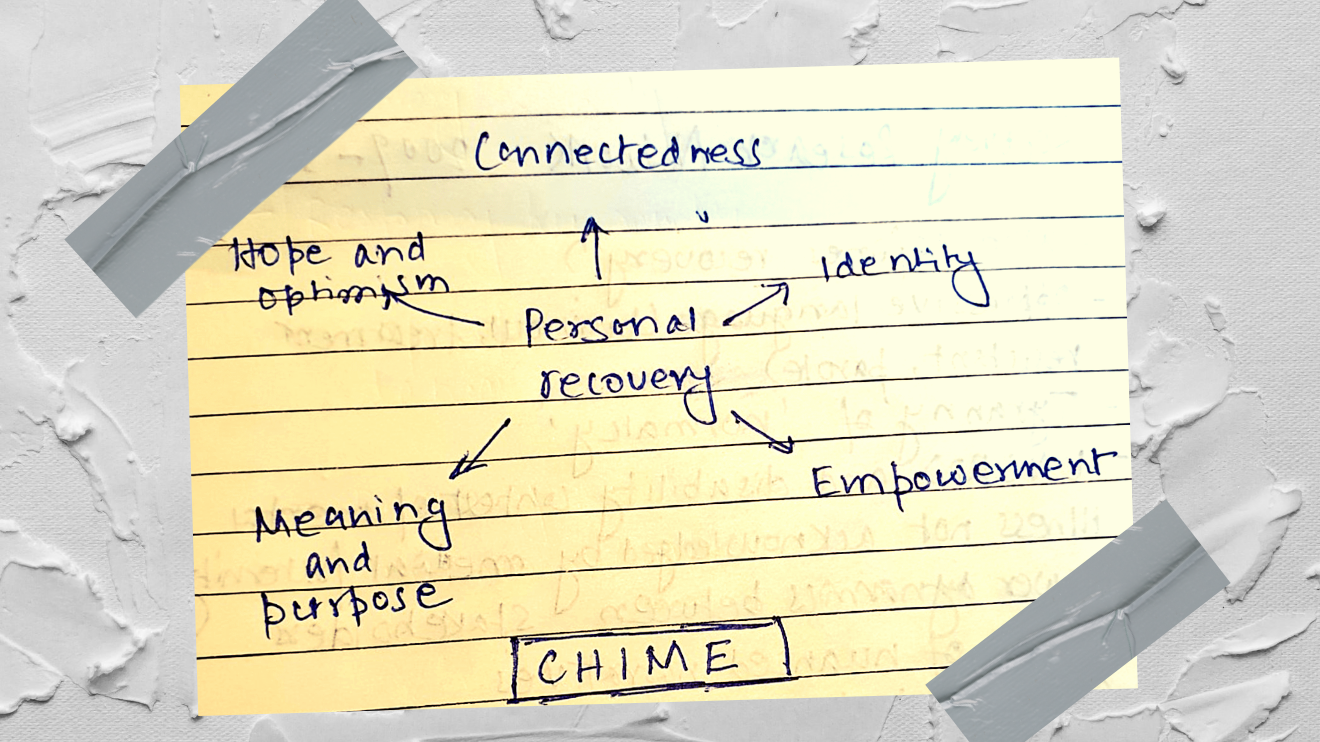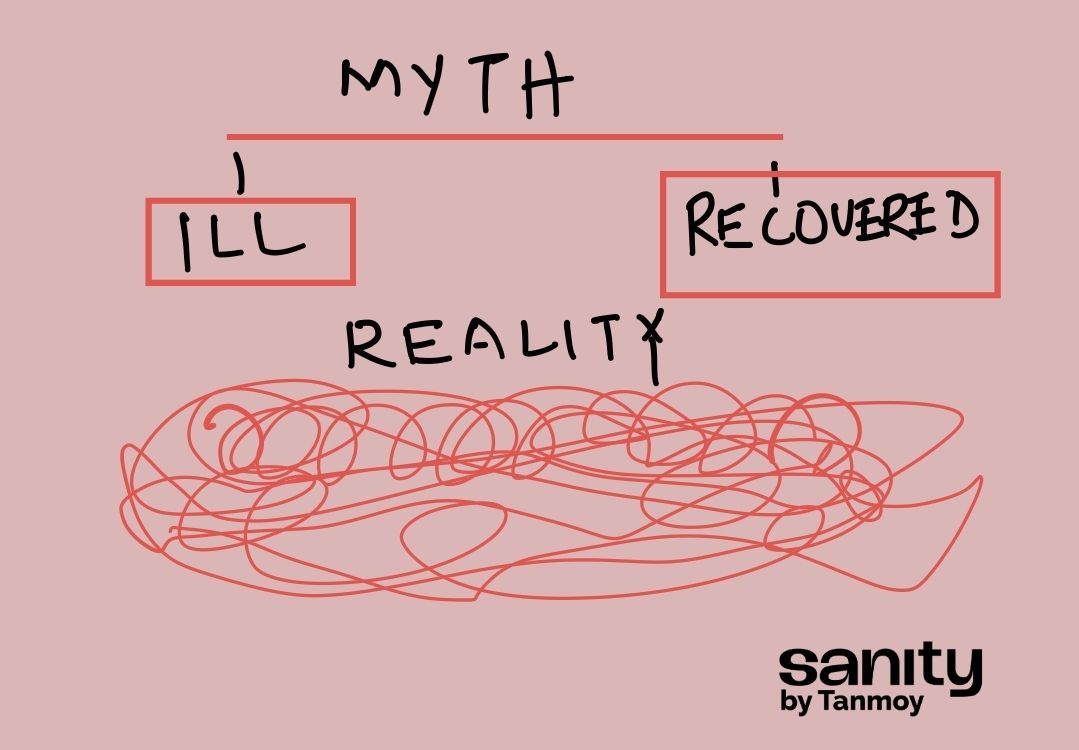
Sick of self-help? Try Chime.
The idea of recovery has become dangerously wedded to self-help. Enter 'Chime'.
In February 2020, right before the world shut down, I got to spend two days in the company of mental health professionals, researchers, and social workers in the western Indian city of Pune. Our objective was to brainstorm various models of mental health care focused on the idea of recovery.
Compared with 'prevention' and 'treatment', the two big ideas that hog most of the attention in mental health circles, 'recovery' remains a fuzzy, poorly understood concept. It has no universally accepted definition and can mean vastly different things in different contexts. Personally, I have a distrustful relationship with recovery. Given my stubborn shape-shifting symptoms and the endless wait to feel 'well' more than a few hours at a time, I think of recovery as a fantastical, unattainable idea.
At the same time, I struggle with the arbitrariness of an all-powerful mental health establishment declaring someone 'ill' or stamping them as 'recovered', solely based on the status of their symptoms at a given point in time, disregarding the reality that mental distress often attacks and retreats in messy, bewildering patterns and does not abide by a neat timeline.



